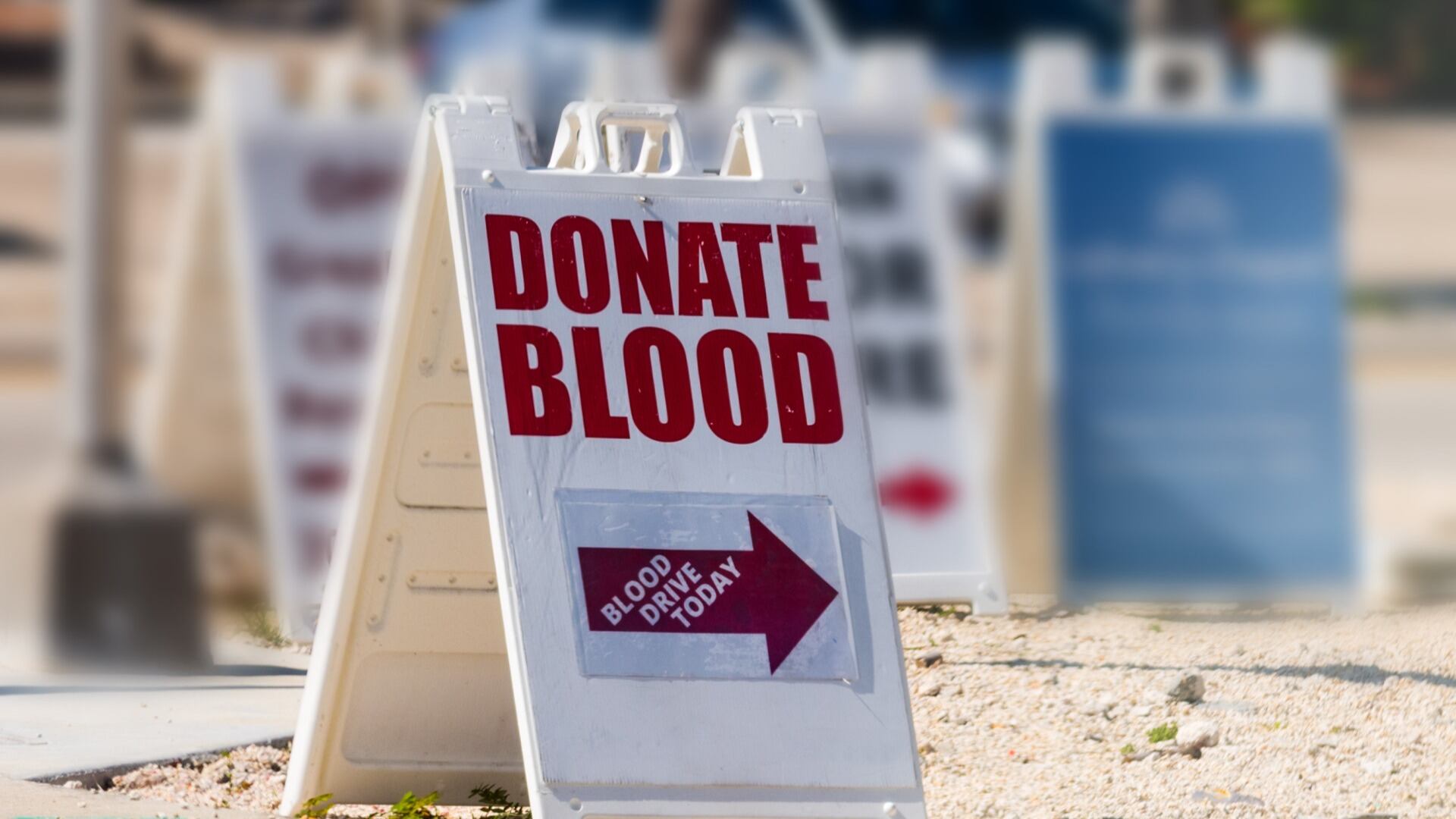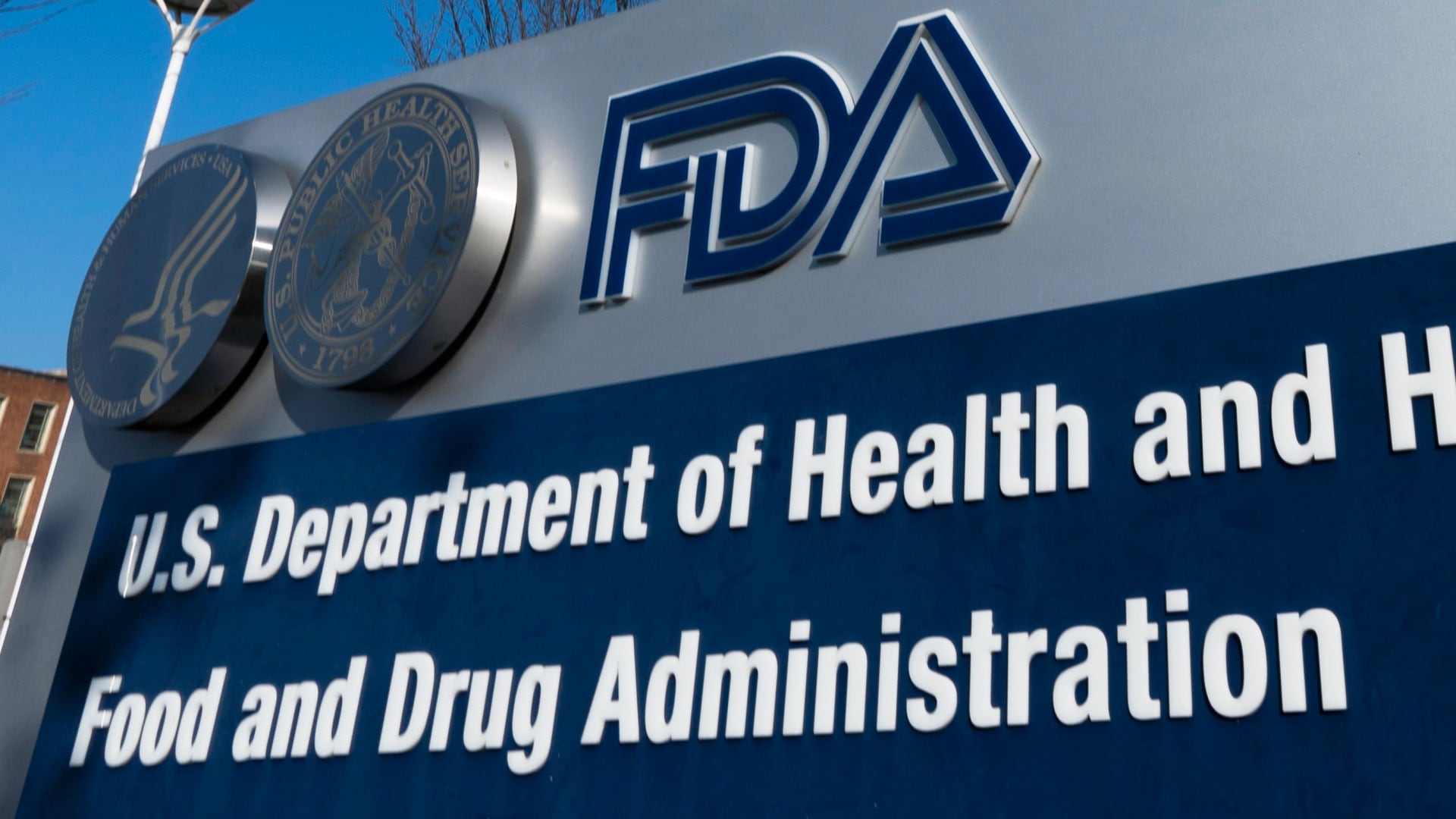January marks the start of a new year, but it is also National Blood Donor Month.
The beginning of the year is a critical period for those in need of blood transfusions as people tend to stop donating during the holiday season. The winter in general also experiences a dropoff as donors get sick more frequently.
With blood supplies running short, life-saving cancer treatments and surgeries like heart-transplants have to be pushed off.
Rodney Wilson, biomedical spokesperson at the American Red Cross, told Cheddar News that every two seconds someone in the U.S. needs a blood transfusion.
"It is a need that is coast to coast in every community across the country, and not enough people are donating. Only about 3 percent of the population has ever donated blood and yet most of us will need blood in our lifetime," Wilson said.
If you plan to donate blood, there are a few caveats to consider before heading to your local donation center. Participants must be at least 16 years old, weigh at least 110 lbs, and cannot donate more than six times a year with 56 days in between each donation.
In 2015, the Food and Drug Administration tweaked a controversial policy to lift a lifetime ban on gay and bisexual men from donating blood and said any man who hasn't had sex with another man in 12 months would be eligible to donate.
The policy was changed again in 2020 shortly after the onset of the coronavirus pandemic when blood supplies were critically low to allow gay and bisexual men to donate if they hadn't engaged in sex with men in the last three months.












